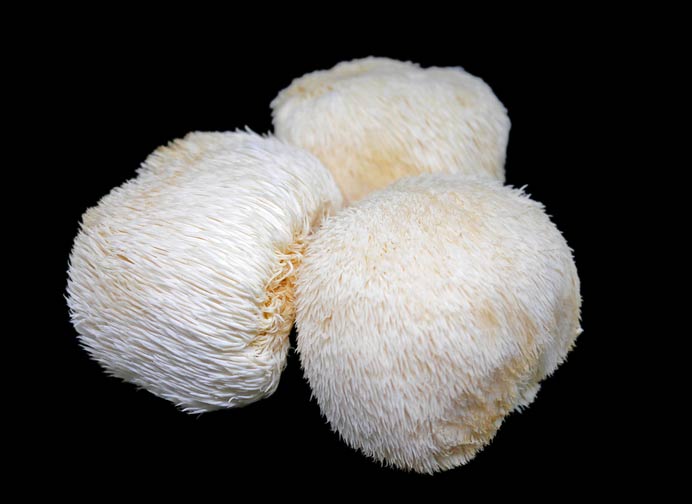Lion's mane mushroom, also known as Hericium erinaceus, is a white, shaggy mushroom that grows on trees and is native to North America, Europe, and Asia. It has been used for centuries in traditional medicine to treat a wide range of health conditions, from anxiety and depression to digestive issues and neurological disorders.

In recent years, lion's mane has gained popularity as a natural supplement due to its potential to improve cognitive function, reduce inflammation, and support immune health. The Science Behind Lion's Mane Mushroom Research suggests that lion's mane contains compounds called beta-glucans, which stimulate the immune system and reduce inflammation in the body. Additionally, lion's mane contains hericenones and erinacines, two unique compounds that may promote the growth of nerve cells and improve cognitive function. These compounds are thought to work by stimulating the production of nerve growth factor (NGF), a protein that plays a key role in the development and survival of nerve cells. Health
Benefits of Lion's Mane Mushroom Improves cognitive function
Several studies have found that lion's mane may improve cognitive function in people with mild cognitive impairment or age-related memory decline. A 2019 study published in the Journal of Alzheimer's Disease found that lion's mane supplementation for 12 weeks improved cognitive function and mood in older adults with mild cognitive impairment.
Reduces inflammation: Inflammation is a natural response to injury or infection, but chronic inflammation can contribute to the development of chronic diseases, such as heart disease and cancer. Lion's mane contains compounds that have been shown to reduce inflammation in the body.
Supports immune health: Lion's mane contains beta-glucans, which have been shown to stimulate the immune system and enhance immune function. A 2017 study published in the International Journal of Medicinal Mushrooms found that lion's mane supplementation increased the production of immune cells in mice.
May reduce symptoms of anxiety and depression: Some research suggests that lion's mane may have anti-anxiety and antidepressant effects. A 2015 study published in Biomedical Research found that lion's mane extract reduced symptoms of anxiety and depression in mice. May have anti-cancer properties: Preliminary research suggests that lion's mane may have anti-cancer properties due to its ability to reduce inflammation and stimulate the immune system. A 2018 study published in the Journal of Agricultural and Food Chemistry found that lion's mane extract reduced the growth of colon cancer cells in mice.
How to Take Lion's Mane Mushroom
Lion's mane mushroom can be taken in supplement form or consumed fresh or dried. The recommended dosage of lion's mane supplements varies depending on the brand and form of the supplement. It is important to follow the manufacturer's instructions and consult with a healthcare professional before taking any new supplements.
In summary, lion's mane mushroom is a natural supplement that has been used for centuries in traditional medicine to improve cognitive function, reduce inflammation, and support immune health. Scientific research supports many of the traditional uses of lion's mane and suggests that it may have a wide range of health benefits. If you are interested in trying lion's mane, be sure to speak with a healthcare professional and choose a reputable brand of supplements or fresh mushrooms.







